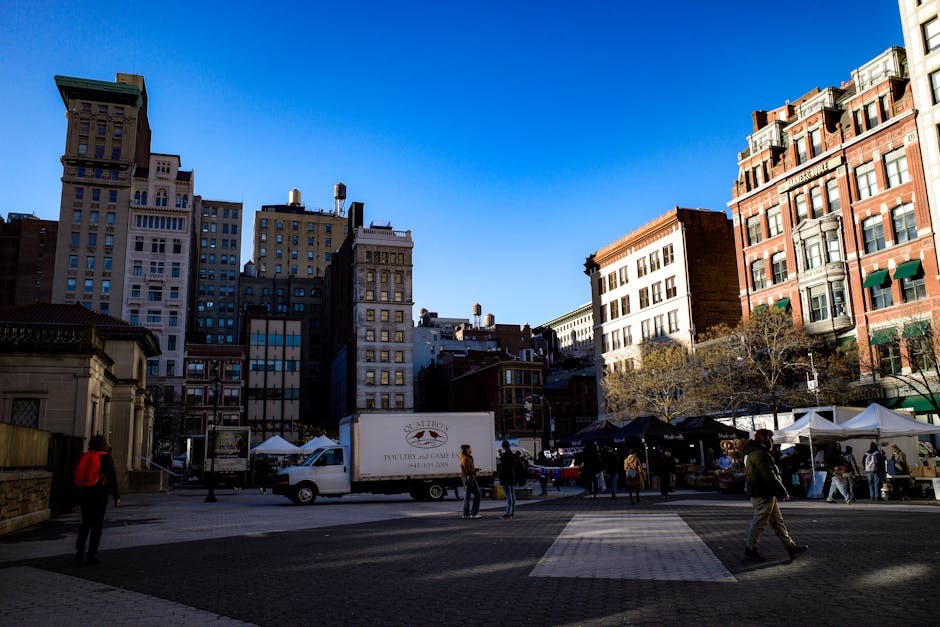New Delhi – In a bombshell revelation reshaping India’s internal security discourse, a leaked internal report from the Ministry of Defence (MoD) reveals a fiercely guarded secret: the Indian military has persistently advocated for a direct operational role in the nation’s war against narcotics for over a decade.
The 72-page document, titled “Strategic Reassessment of Asymmetric Threats,” paints a stark picture of a defence establishment frustrated with the status quo. It argues that the burgeoning drug trade is not merely a social crime but a grave and direct threat to national security.
Narco-Terrorism: A Direct Threat to National Security
For years, the official stance has been clear: the military guards borders against external threats, while counter-narcotics remains the domain of civilian agencies like the Narcotics Control Bureau (NCB). However, this report shows that behind closed doors, military leaders have consistently argued this demarcation is dangerously obsolete.
The core of their argument is the phenomenon they term “narco-terrorism,” where the line between a drug smuggler and a terrorist has effectively been erased.
A senior official is quoted anonymously in the report’s annexure from a 2018 meeting: “We are fighting terror groups in Kashmir and the Northeast whose primary funding comes from narcotics trafficked across the very borders we patrol… our mandate forces us to be a spectator to the transaction that fuels the war against us. It is a strategic absurdity.”
The Golden Crescent and Golden Triangle: Key Narco-Frontiers
The report details the military’s rationale, focusing on two key “narco-frontiers”:
* The Golden Crescent (via Pakistan and Afghanistan): Impacting Punjab and Jammu & Kashmir.
* The Golden Triangle (via Myanmar): Devastating states like Manipur and Mizoram.
Military intelligence, the report contends, has repeatedly mapped smuggling routes that are co-opted by anti-India terror outfits for moving weapons, explosives, and infiltrators. The argument is simple: to choke terror, you must first choke its funding by taking control of the drug war.
Why Has the Government Resisted Military Intervention?
Successive civilian governments have resisted this push, rooted in the principles of Indian democracy. Deploying the army for a policing role is a Rubicon policymakers have been unwilling to cross. Key concerns include:
* Militarisation of Law Enforcement: Critics fear applying military combat doctrines to a domestic problem could lead to a spike in civilian casualties and human rights violations.
* Expanded Special Powers: The spectre of an expanded AFSPA-like (Armed Forces Special Powers Act) authority for counter-narcotics operations is a chilling prospect for many in sensitive border states.
* Risk of Corruption: Exposing soldiers to the multi-billion dollar drug trade could corrode the institution from within—a risk the nation cannot afford.
An Uncomfortable National Debate Begins
This leaked internal report forces an uncomfortable question into the public domain: is the current strategy failing? With the drug crisis deepening, the military’s long-held secret desire to intervene no longer seems like a radical power grab but a desperate, if dangerous, alternative.
The document reveals a fundamental schism in India’s security philosophy. The debate is no longer confined to the secret files of South Block; it is now a national conversation on whether the soldier should also become our frontline warrior in the war on drugs.




